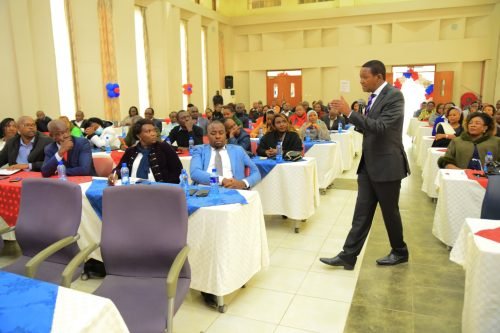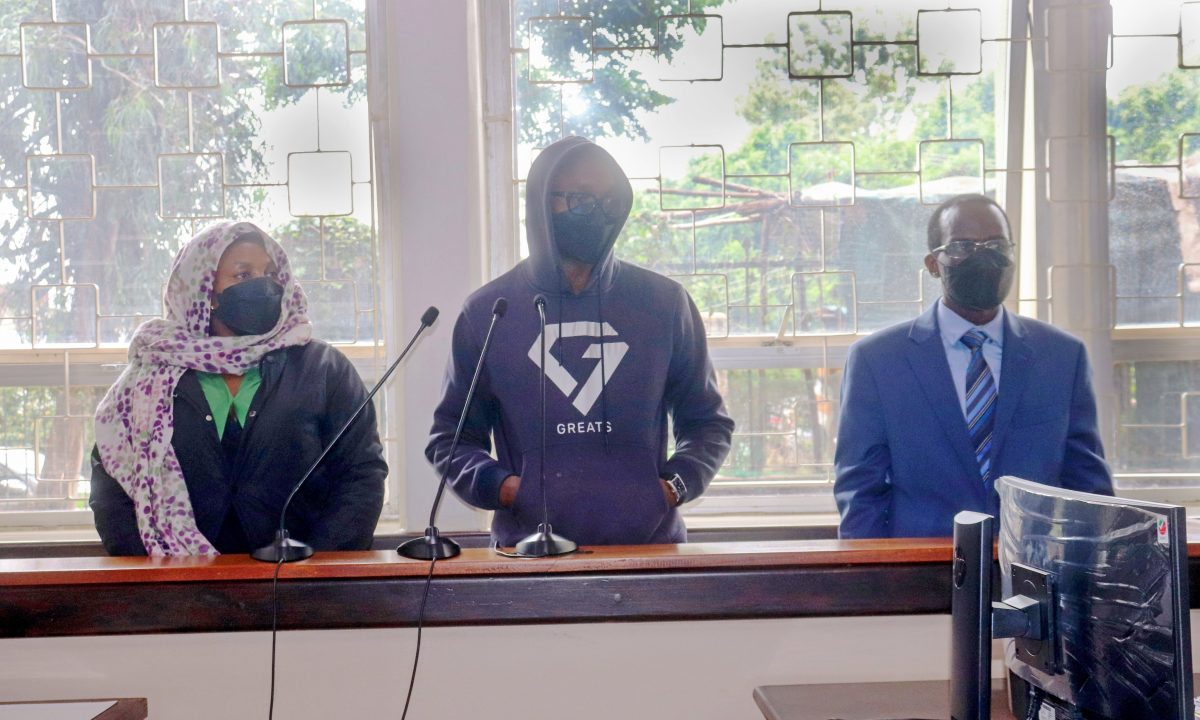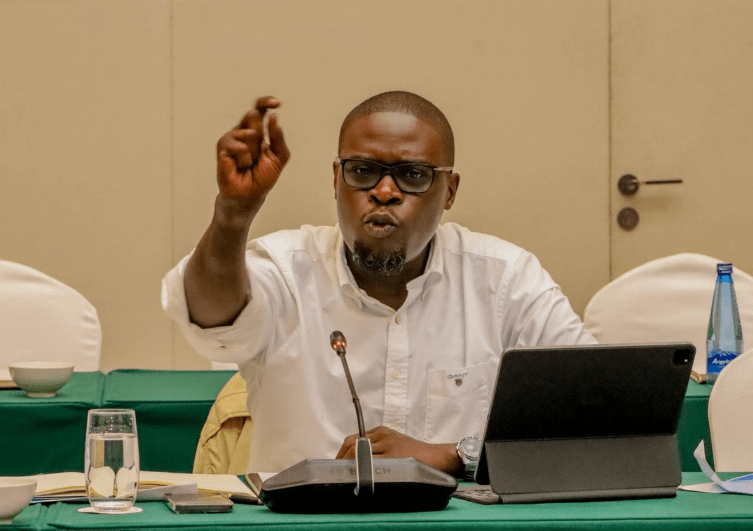CS Mutua reveals what Industrial Training Authority needs to improve

Labour and Social Protection Cabinet Secretary Alfred Mutua has pointed out what the National Industrial Training Authority (NITA) needs to do and be an efficient public body.
Mutua identified the issues after he paid a courtesy call to NITA and held discussions with them over what is needed to improve and make the authority a competitive training body.
“I commended @nita_kenya for the commendable work they are doing and urged them to embrace new ideas to improve their service delivery. However, it is clear that reform is necessary to elevate NITA to the next level. We need to implement transformative changes that will make NITA a beacon of excellence in industrial training.
“During our discussions, we agreed on the need to review the curriculum and assessment practices to align them with international standards. It was suggested that the training duration be shorter than the already existing timeline, focusing more on hands-on, practical, and simulated setups.
“This approach would help minimise culture shock and ensure that Kenya remains competitive in the foreign labour market. The idea is to shift from theory-heavy instruction to more practical training,” Mutua said in a statement on X posted on Wednesday, September 4, 2024.

Value addition
The former Machakos County governor added that NITA’s training capacity needs to be improved in order to add value to its trainees.
“I emphasised that the Kenyan labour force should be ‘plug and play’ wherever they are hired, requiring minimal additional training. A tour of NITA revealed that our current training methods, equipment, state of buildings, and learning environment do not meet international standards.
“This situation calls for urgent reform and action. NITA must project an international image in all its endeavours,” he added.
The former Foreign Affairs CS also urged for a change of mindset, saying, “Additionally, I stressed the importance of a mindset change. We must shift from being mere consumers of other countries’ goods to becoming producers of new products and ideas.
“A consumer society is an enslaved society. Let us seek innovative ways of improving what we do for greater efficiency and relevance,” he concluded.









